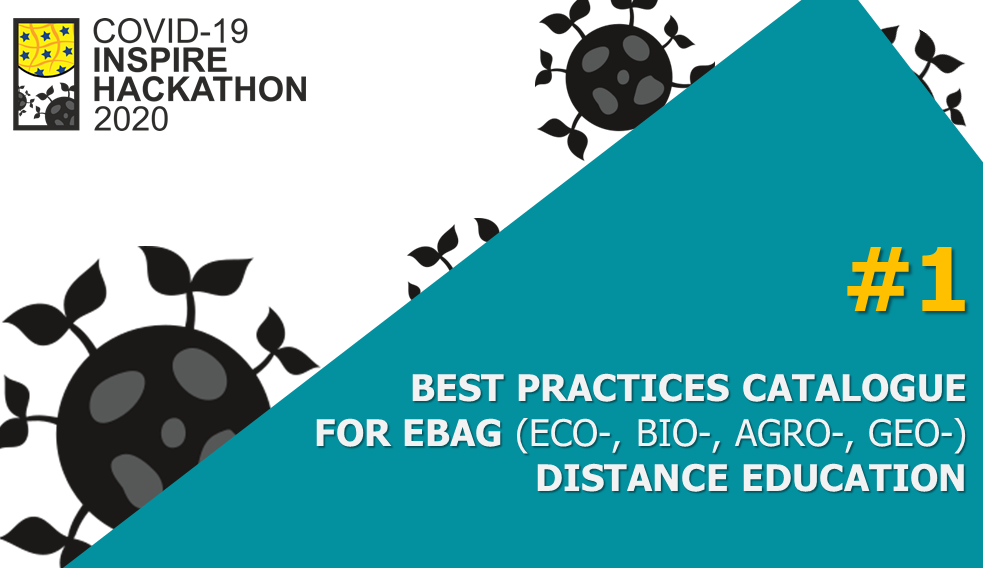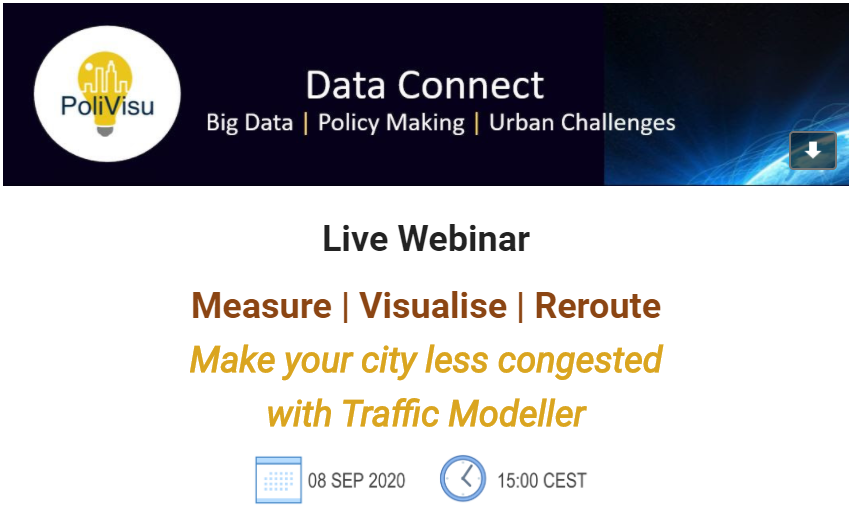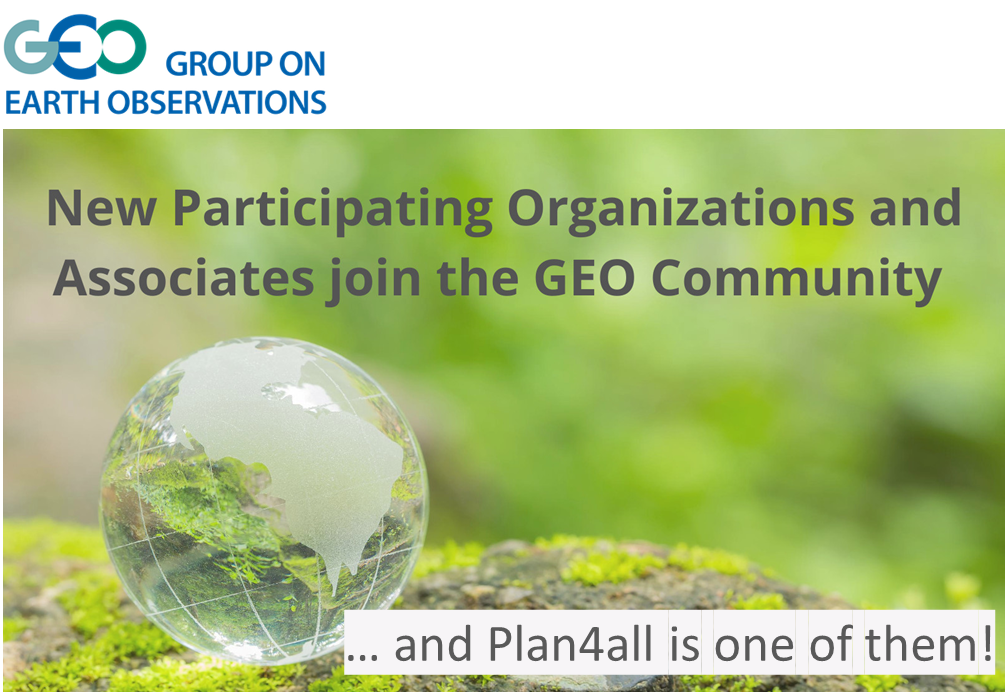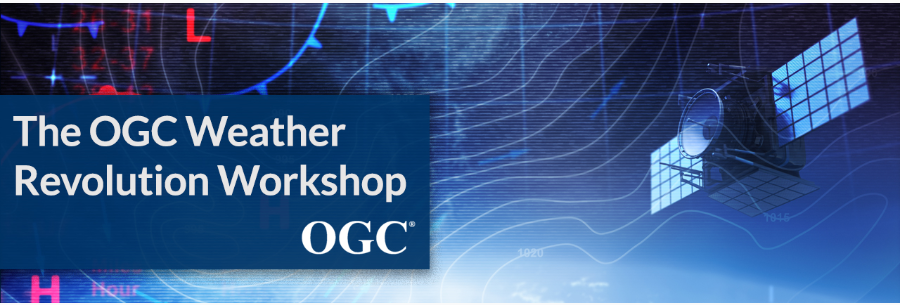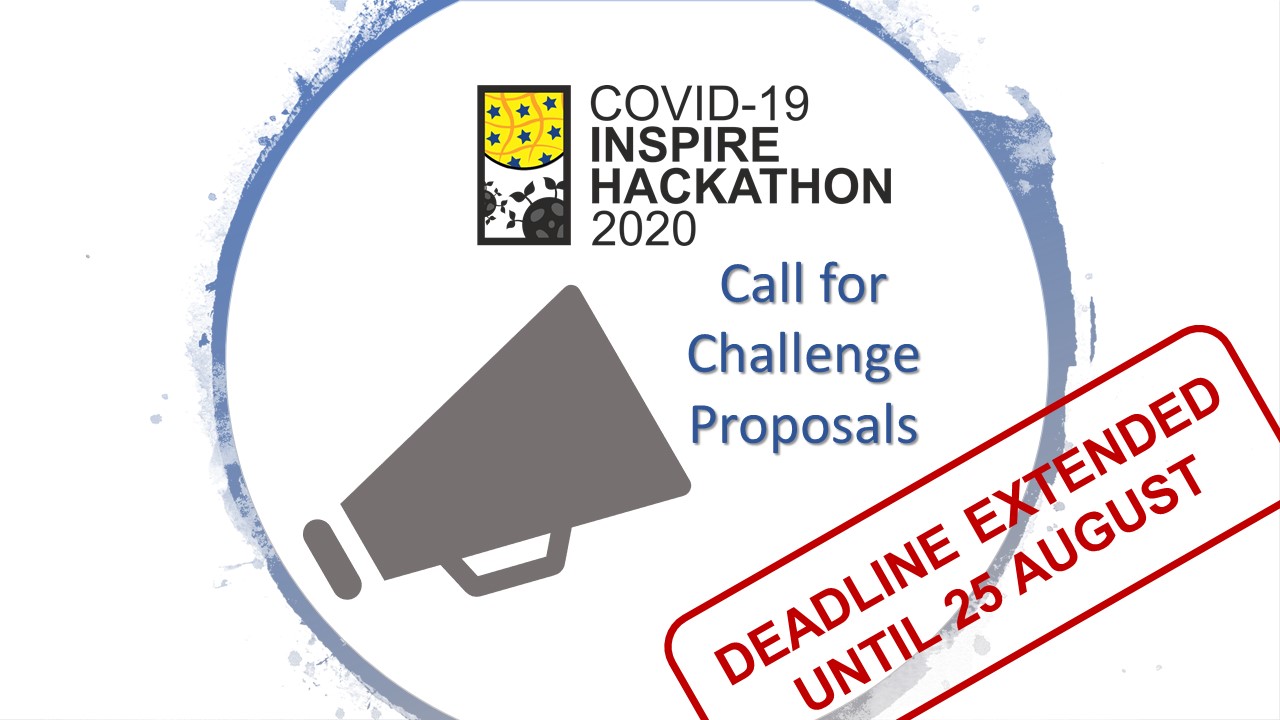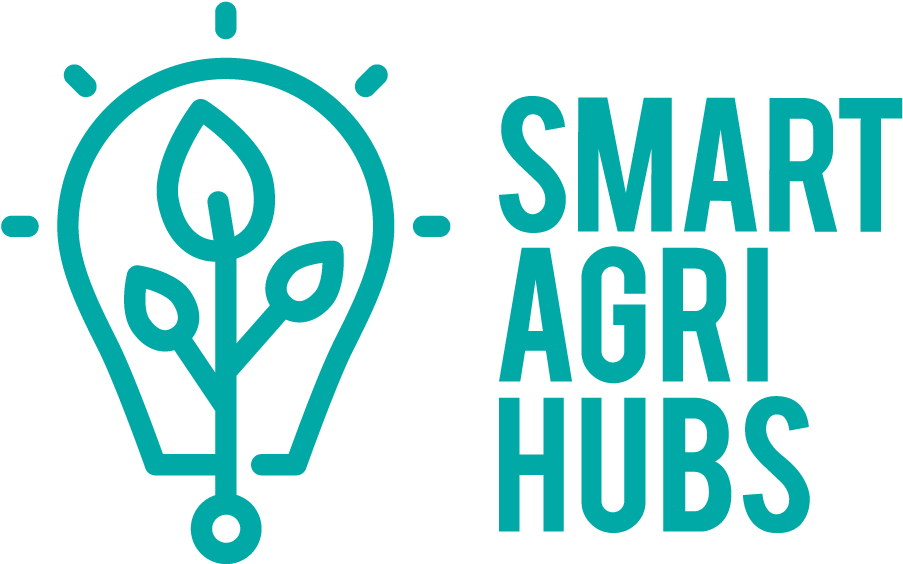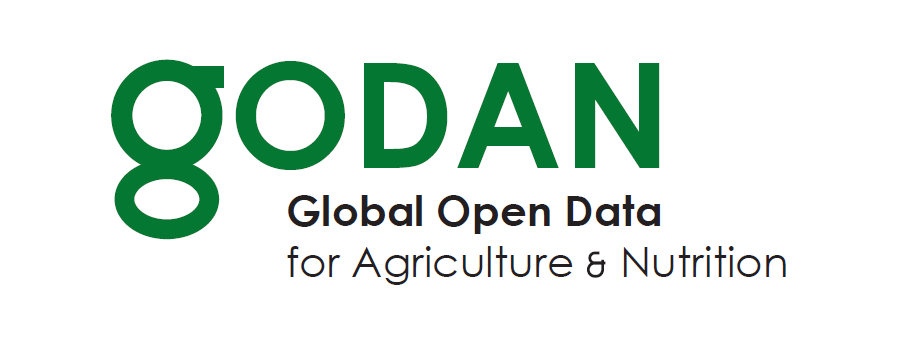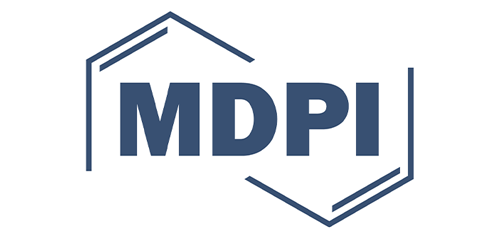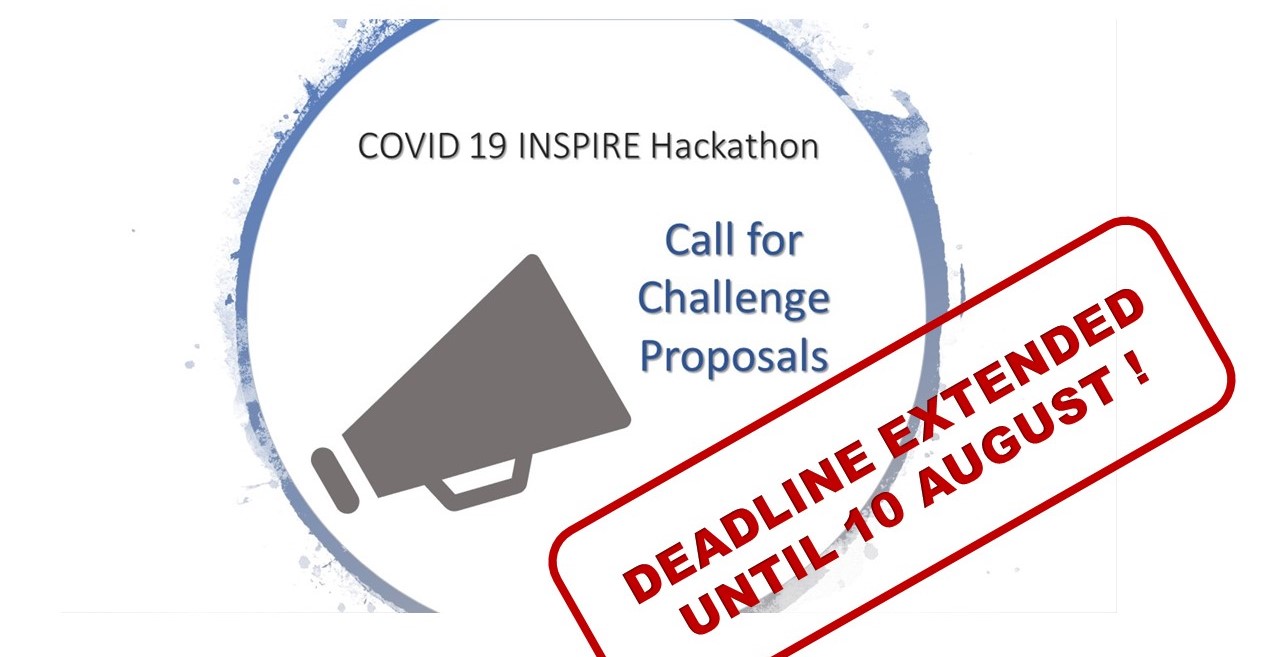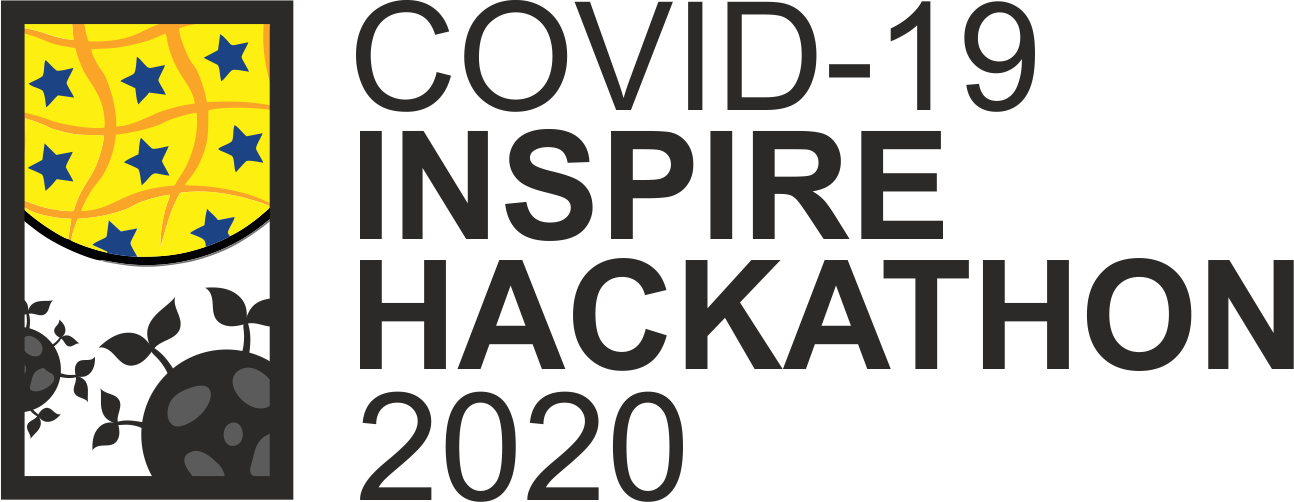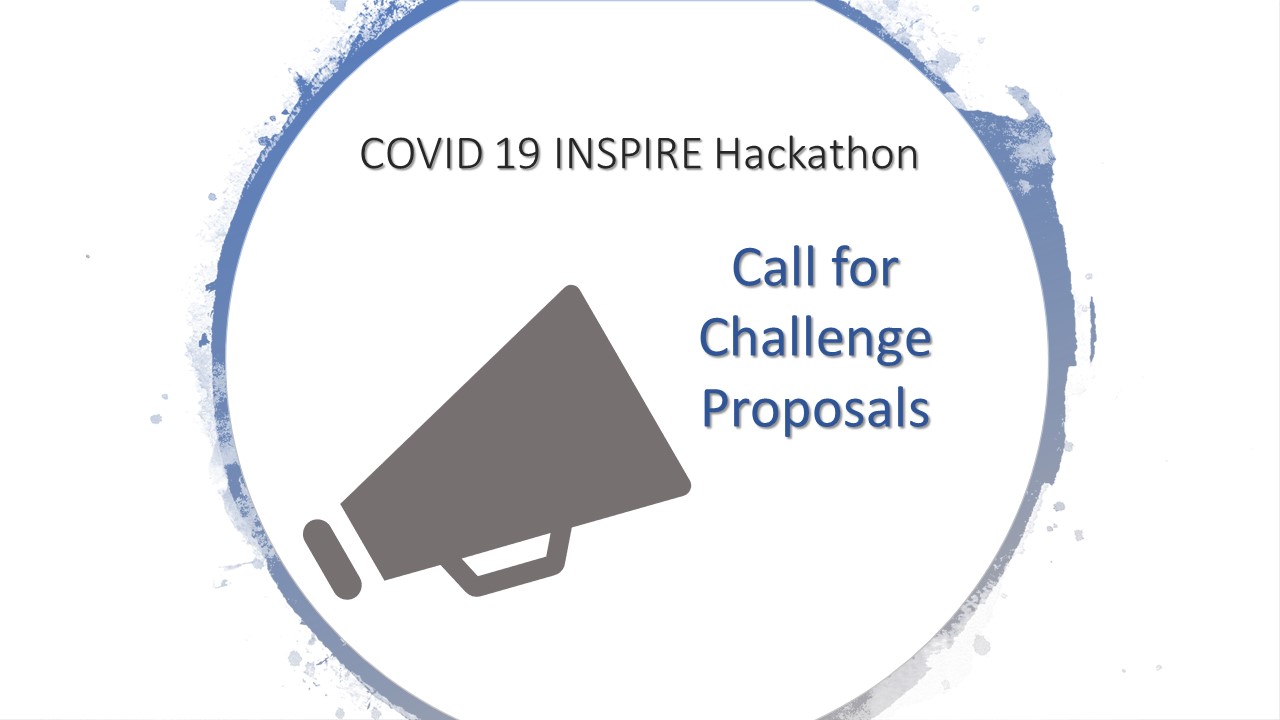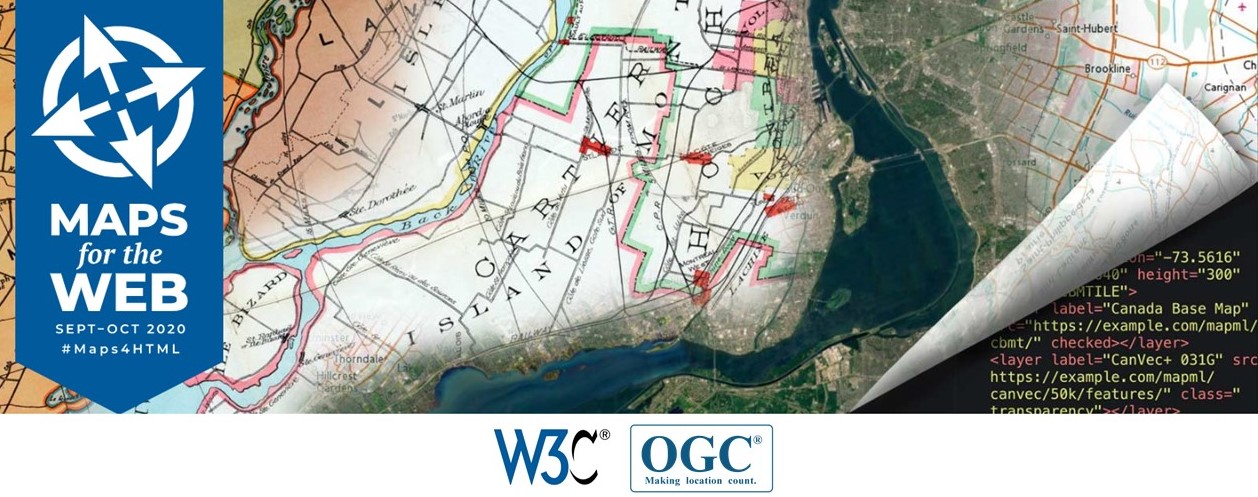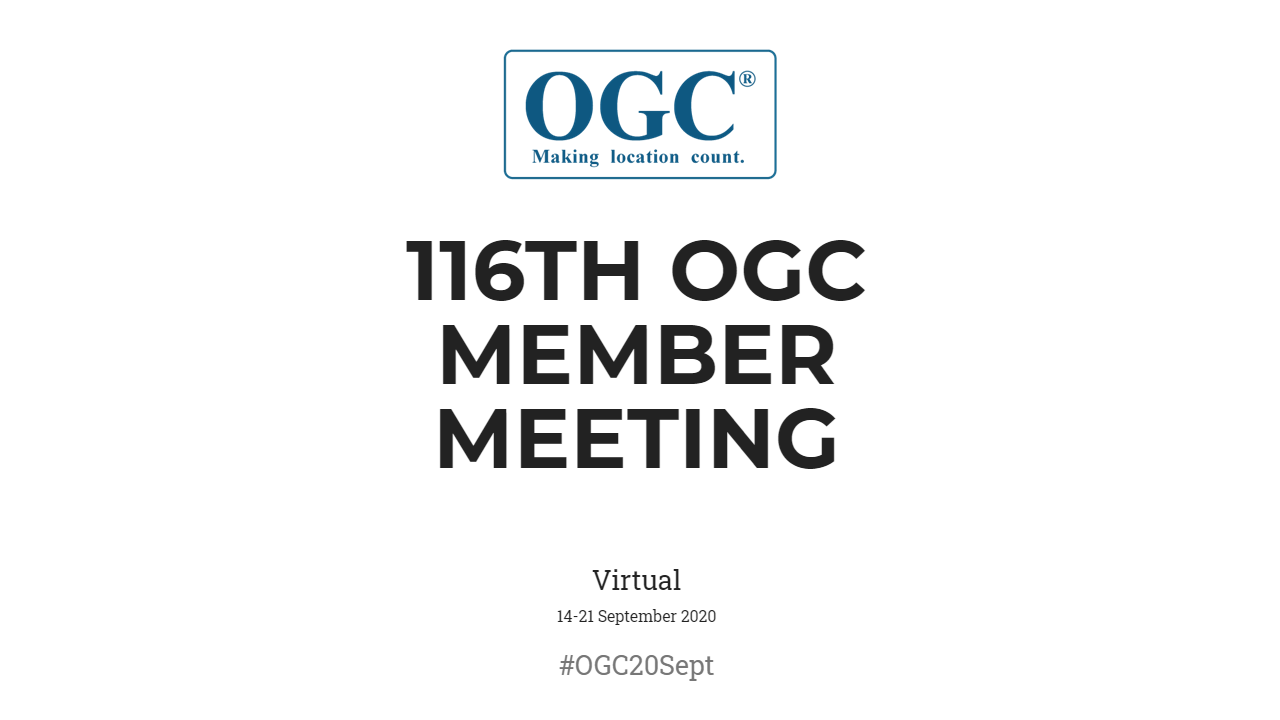
We would like to cordially invite you to join us at the upcoming Open Geospatial Technical Committee meeting organised by Agriculture DWG of OGC. The topic of this session will be Digital Twins for Agriculture. The sessions is scheduled on 15th of September 2020 between 14 00 CEST (8 00 EDT) and 16 00 CEST (10 00 EDT).
Tentative speakers
- Karel Charvat (Plan4all) – EO4Agri White Paper
- Peter Baumann (rasdaman GmbH.) – Datacubes for Optimizing Agriculture
- Valantis Tsiakos (Institute of Communication & Computer Systems (ICCS) – An integrated EO-based toolbox for modernising CAP compliance monitoring and assessing respective environmental impact
- Karel Jedlicka (UWB, Plan4all) – Calculation of agro-climatic factors from global climatic data
- Emmanuel Mondon & Alexandre Cadain (Maxar/Anima) – Impact gaming leveraging EO (satellite, in-situ & 3D) applied to Agriculture Digital Twins
- Walter Mayer (Progis) – Sustainable management of NATURE supported by time related satellite images, newest technology, local knowhow and global cooperation
- Michal Kepka (BOSC) – SensLog – an interoperable solution for sensor data
- Louis Cousin (Startinblox) – Inter-connecting geospatial and agricultural sectors: towards universal interoperability standards
You don’t have to be an OGC member to attend an OGC meeting. This session is open to anyone to attend and new voices are always welcome.
Background of the session
The agri-food chain involves multiple actors and stakeholders that produce and provide food and agricultural commodities to consumers. In addition to farmers there are farm suppliers, processors, transporters and market intermediaries. These actors make the agri-food chain efficient. Current agriculture is under pressure to produce more with less inputs and in smaller areas.
In order to provide solutions to all complex problems related to the agri-food chain, we need to better understand all processes and build an interoperable knowledge management system for each agriculture sector.
EO4Agri analysis (https://www.eo4agri.eu/node/17, https://www.eo4agri.eu/node/18) discovers a large number of overlapping needs for analysis of different stakeholder groups related to agriculture. On the other side there is a problem mainly in the farming sector that covers the cost of knowledge services and in this way supports sustainable business for all players in the IT for agriculture sector. Last important fact is that new understanding of precision farming services can not only increase production, but produce products of higher quality, have fewer negative influences on the environment and also reduce different environmental risks. It means that in such a case there could be interest of more stakeholders to improve knowledge services.
With the new European Green Deal Initiative and new understanding of the Common Agriculture Policy in the Frame of Green deal and also on a global scale with SDGs seems natural to think about building common solutions or sharing data among all groups of stakeholders. There are two important aspects for this to find common trust for data sharing and also implementation of FAIR Data Principles (Findable, Accessible, Interoperable, Re-usable). This could be supported by a new European strategy for data, but also by international initiatives like GEO/GEOSS. There is a need for discussion among the private and public sector about effective sharing of data and expenses. Due fact, that some services will be in public interest it seems to be natural that the public sector will cover part of expenses.
The Commission is planning to initiate a ‘GreenData4All’, with focus on reviewing the Directive establishing an Infrastructure for Spatial Information in the EU (INSPIRE and Combine it with the Access to Environment Information Directive. As part of this will be the ‘Destination Earth’ initiative.
“The ‘Destination Earth’ initiative will bring together European scientific and industrial excellence to develop a very high precision digital model of the Earth. This ground-breaking initiative will offer a digital modelling platform to visualize, monitor and forecast natural and human activity on the planet in support of sustainable development thus supporting Europe’s efforts for a better environment as set out in the Green Deal. The digital twin of the Earth will be constructed progressively, starting in 2021”.
In this context “Digital twins create a virtual replica of a physical product, process or system. The replica can for example predict when a machine will fail, based on data analysis, which allows to increase productivity through predictive maintenance.”
As part of this is intended “A Common European agriculture data space, to enhance the sustainability performance and competitiveness of the agricultural sector through the processing and analysis of production and other data, allowing for precise and tailored application of production approaches at farm level.”
The intention of session is to collect information about existing complex solutions, which could be base for future Agriculture Digital Twins and help to build future knowledge management for global food security and better sustainability of agriculture production in varying climatic conditions and how remote sensing can support the UN Sustainable Development Goals and the European Green Deal.
 OTAKAR CERBA Assoc. prof. Otakar Čerba, PhD works at the Department of Geomatics (Faculty of Applied Sciences, University of West Bohemia, Plzeň, Czech Republic) and cooperates with Plan4all. He is focused on cartographic visualization of spatial data, Linked Data on the geographic domain and semantic issues of geographic data. He has been involved in many international projects such as Polivisu, Humboldt, SDI4Apps, SmartOpenData, Plan4all or ROSIE. Otakar Čerba is the member of the board of Czech Association of GeoInformation and the chair of the Commission on Maps and the Internet of International Cartographic Association
OTAKAR CERBA Assoc. prof. Otakar Čerba, PhD works at the Department of Geomatics (Faculty of Applied Sciences, University of West Bohemia, Plzeň, Czech Republic) and cooperates with Plan4all. He is focused on cartographic visualization of spatial data, Linked Data on the geographic domain and semantic issues of geographic data. He has been involved in many international projects such as Polivisu, Humboldt, SDI4Apps, SmartOpenData, Plan4all or ROSIE. Otakar Čerba is the member of the board of Czech Association of GeoInformation and the chair of the Commission on Maps and the Internet of International Cartographic Association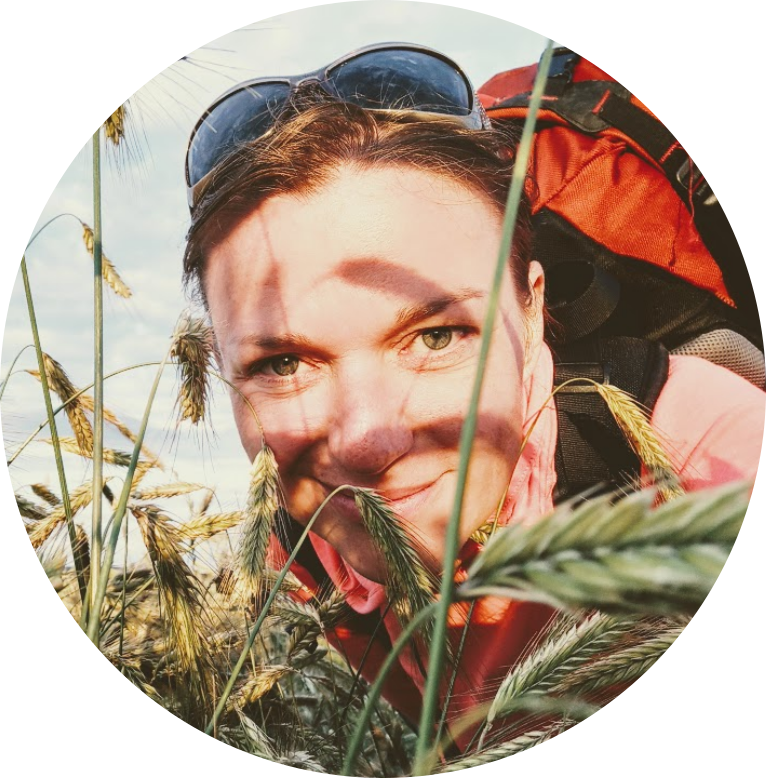 KRISTYNA CERBOVA Faculty of Education, Charles University in Prague. She works now as a communication manager in ROSIE project – Research and responsible innovation (Central Europe). Experience in education, languages, social sciences with a special focus on philosophy, history and archival science (2005-2007 digitalization activities in the National Archives of the Czech Republic). She works for other Plan4all H2020 projects such as LIVERUR or SIEUSOIL focusing mainly on smart agriculture topics.
KRISTYNA CERBOVA Faculty of Education, Charles University in Prague. She works now as a communication manager in ROSIE project – Research and responsible innovation (Central Europe). Experience in education, languages, social sciences with a special focus on philosophy, history and archival science (2005-2007 digitalization activities in the National Archives of the Czech Republic). She works for other Plan4all H2020 projects such as LIVERUR or SIEUSOIL focusing mainly on smart agriculture topics.
